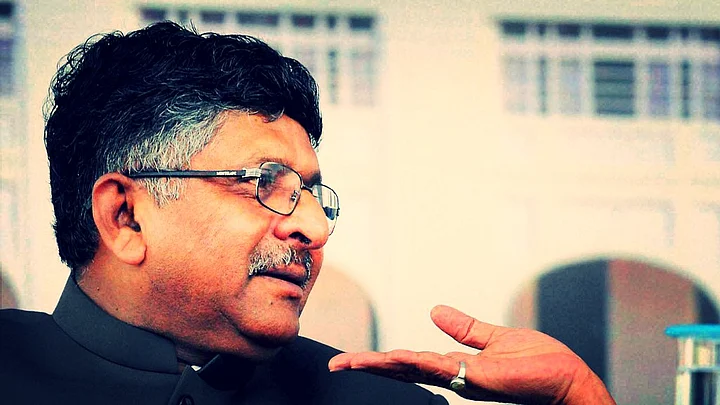Shortly after the Supreme Court upheld the right to privacy as a fundamental right, Union Law Minister Ravi Shankar Prasad convened a press conference and called the landmark ruling a big win for his government, leaving scores of privacy activists, journalists, and observers first confused and then just angry.
On May 3, Attorney General Mukul Rohatgi had told the Supreme Court that Indian citizens did not have “absolute” rights over their bodies.
Arguing for the government against a clutch of petitions challenging Aadhaar being made mandatory while filing tax returns and applying for a PAN card, Rohatgi told the court:
If such a right existed then committing suicide would have been permitted and people would have been allowed to do whatever they wanted with their bodies.
At a post-verdict news conference on 24 August, the Union Law Minister welcomed the view of the Supreme Court and said it was consistent with all the necessary safeguards that the government had been incorporating in its legislative proposals.
When the inconsistency in the government’s representation in and out of court was pointed out by a journalist, Prasad chose call the Attorney General’s submission before the SC as “court room banter.”
The question Ravi Shankar Prasad was asked
“You said that the government stood for privacy as a fundamental right. But at some stage, why did the Attorney General argue that citizens did not have a right over their bodies?”
The Union Law Minister’s reply
“Go to London, go to Washington, or come to Delhi, whenever cases are argued there is a lot of banter, lot of exchanges, but ultimately the core of the argument is noted in the judgement of the respective sides and a conclusion is reached. Therefore, core of the argument is noted in the judgement itself.”
(At The Quint, we question everything. Play an active role in shaping our journalism by becoming a member today.)
